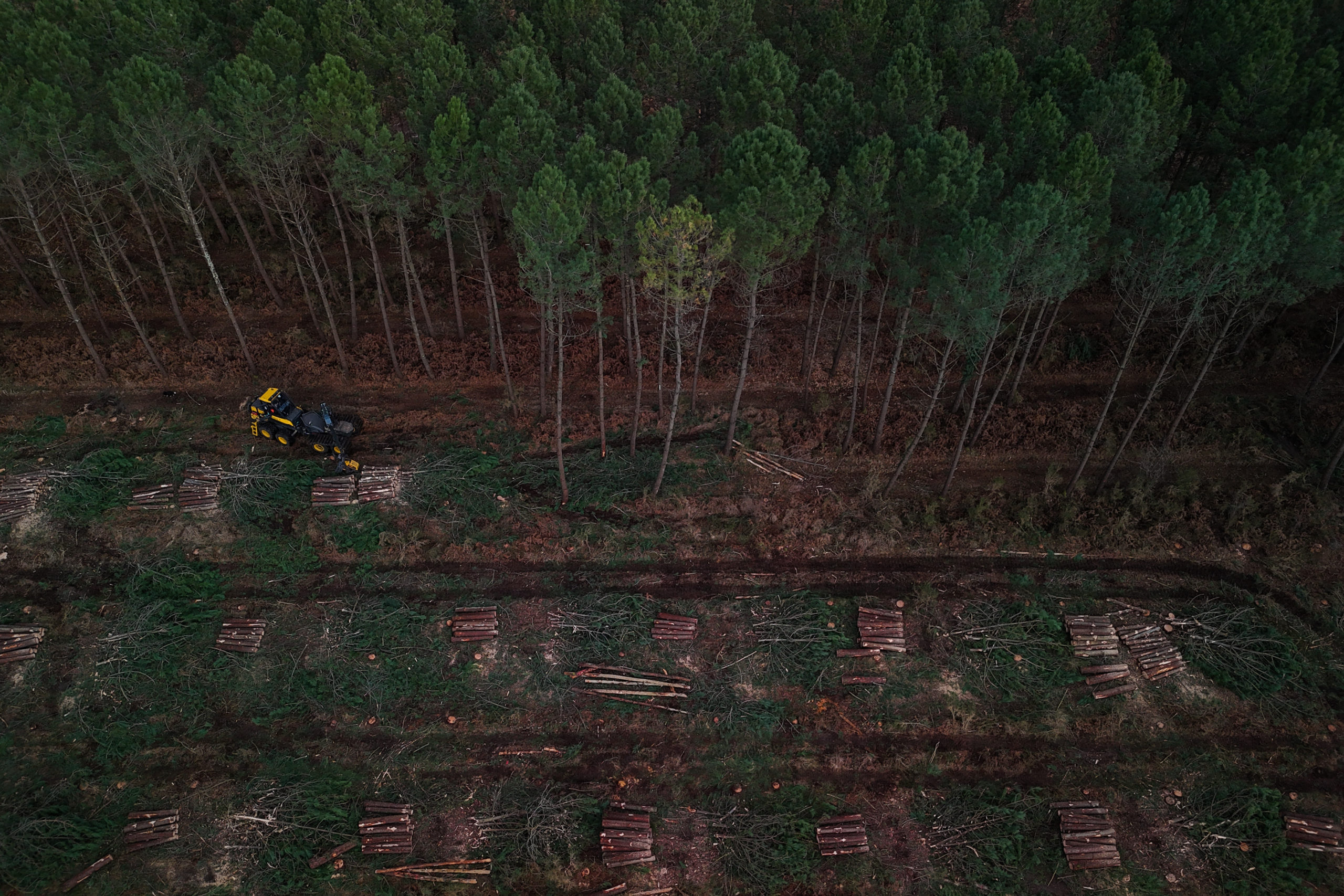World Human Rights Day
In Brazil, the date is marked by repression of demonstrations, abuse in prisons and police violence

12/10/2013
On World Human Rights Day (December 10), Conectas is warning about the setbacks that occurred in Brazil in 2013, a year marked by large-scale popular demonstrations met by extreme police violence, arbitrary detentions, disrespect for fundamental rights and the due process of law, in addition to an escalation of the policy of mass incarceration that feeds a flawed prison system plagued by torture, mistreatment and overcrowding, and where medieval practices are encouraged by the strong backing of public opinion and by the collusion and inaction of the federal and state governments.
“This World Human Rights Day sees Brazil at a crossroads. We are extremely concerned with the negative signs registered throughout 2013. In addition to the widely known abuses in the prison system, the racial discrimination and habitual violence of police in the poor urban outskirts, we have seen how the government has trampled over the fundamental rights of citizens on a scale rarely seen in democracies. It is alarming how much backing there is for certain violations among the municipal public authorities, state governments and federal agencies in Brasília,” said Lucia Nader, executive director of Conectas Human Rights.
Leia mais
Demonstrations
.jpg) The wave of protests that began in June this year have shown the central regions the city the already well-known pattern of police brutality previously – and unbelievably – restricted to the poor and largely black urban outskirts. Arbitrary detentions, the excessive and sadistic use of force, the curtailment of fundamental rights and a complete lack of transparency on the part of government regarding the investigation of abuses has marked these past six months.
The wave of protests that began in June this year have shown the central regions the city the already well-known pattern of police brutality previously – and unbelievably – restricted to the poor and largely black urban outskirts. Arbitrary detentions, the excessive and sadistic use of force, the curtailment of fundamental rights and a complete lack of transparency on the part of government regarding the investigation of abuses has marked these past six months.
Conectas published a special report with 10 surprising accounts of one of the most violent police operations during this period – on June 13, in downtown São Paulo. The organization also sent an appeal to United Nations rapporteurs and requested explanations and information from the state government using the Freedom of Information Law, in addition to holding meetings with representatives of the State Public Security Department and making numerous requests for public hearings to debate concrete measures to avoid excesses like those registered in 2013.
“We encountered in government an almost complete lack of transparency and impenetrability to citizen participation, to involvement by civil society organizations. The demonstrations revealed the degree to which citizens are viewed as the enemy by the police and the degree to which the public authorities are either inactive or collusive with this,” said Marcos Fuchs, associate director of Conectas.
Prisons

The obsession with responding to complex social problems and public security concerns primarily with imprisonment has given Brazil the world’s fourth largest prison population. The number of prisoners has increased 320% over the past 10 years, while the country’s population has grown 30% over the same period.
“Despite the approval on the federal level of the National Mechanism to Combat and Prevent Torture, problems such as overcrowding and mistreatment persist inside the prison system. Furthermore, it needs to be pointed out that the hand of criminal law comes down most heavily on poor, black residents from the urban outskirts, that there are not enough public defenders to defend these people, that there are no detention hearings in Brazil and that very little has been done to rectify this situation,” said Rafael Custódio, coordinator of the Justice program at Conectas.
Companies
 Given that States are not the world’s only violators of human rights, nor are they the only parties responsible for their respect and protection, Conectas stepped up its involvement on the subject of companies and human rights violations in 2013. The enormous expansion of economic relations, with multinational companies pursuing more business opportunities around the globe, has posed new threats to workers, the environment and local communities, introducing a whole new set of challenges to the field of human rights.
Given that States are not the world’s only violators of human rights, nor are they the only parties responsible for their respect and protection, Conectas stepped up its involvement on the subject of companies and human rights violations in 2013. The enormous expansion of economic relations, with multinational companies pursuing more business opportunities around the globe, has posed new threats to workers, the environment and local communities, introducing a whole new set of challenges to the field of human rights.
Despite all the concerns of civil society over this situation, progress is still very slow. A few days ago, more than 1,700 people gathered for three days at the Palace of Nations, the headquarters of the UN Human Rights Council in Geneva, to try and break the shield of large corporations in cases filed by victims of human rights violations. The meeting ended in bitter frustration.
“Progress in this field has been difficult not only in Brazil, where the [Brazilian Development Bank] BNDES now finances even more than the World Bank and is involved in some questionable projects in under-developed countries, using public money without the necessary human rights considerations. Progress is slow in coming all over the world and the resistance encountered in the UN is an example of this. We are extremely concerned that economic power and threats of legal action by large corporations could weaken the pressure necessary for large-scale projects to stop violating human rights,” said Juana Kweitel, program director at Conectas.
Foreign Policy
 The international ambitions of Brazil dramatically conflict with the disrespect for human rights registered inside its own borders. One blatant example in 2013 is the way Brazil has handled Haitian immigrants. The creation of the “humanitarian visa”, although well intentioned, has been far from sufficient. Conectas witnessed its limitations first hand when it visited the shelter on the border with Bolivia, in the town of Brasiléia. There, it saw more than 800 people living in precarious conditions. Despite numerous meetings and appeals, a regional thematic hearing in the Inter-American Commission on Human Rights of the OAS in Washington and complaints filed with the United Nations, very little has been done to improve the fortunes of Haitians who arrive every day in Brazil.
The international ambitions of Brazil dramatically conflict with the disrespect for human rights registered inside its own borders. One blatant example in 2013 is the way Brazil has handled Haitian immigrants. The creation of the “humanitarian visa”, although well intentioned, has been far from sufficient. Conectas witnessed its limitations first hand when it visited the shelter on the border with Bolivia, in the town of Brasiléia. There, it saw more than 800 people living in precarious conditions. Despite numerous meetings and appeals, a regional thematic hearing in the Inter-American Commission on Human Rights of the OAS in Washington and complaints filed with the United Nations, very little has been done to improve the fortunes of Haitians who arrive every day in Brazil.
The abstention by Brazil in the UN General Assembly in New York, during the latest discussion on human rights violations committed by Iran, also contrasts sharply with the principles defended by Brazilian diplomatic discourse.
The deadlock in the armed conflict in Syria and the lack of any concrete proposals by Brazil persisted like a permanent stain throughout the year. The situation grew even more alarming when Conectas identified an inconsistency between Brazil’s humanitarian discourse on the Syrian crisis and the actual amount of money donated to the victims – the smallest amount among the world’s 10 largest economies.
“We are still dealing with a giant with feet of clay, capable of creating a lofty discourse on the international stage while transgressing on such elementary matters as insufficient humanitarian action in one of the worst crises of our time, which is the war in Syria. We continue to see, in 2013, contradictions, ambiguities and the perpetual reluctance of the State to be more transparent and participative. The hopes continue for next year, with the promise that the government will create a Foreign Ministry White Paper, which we will be monitoring very closely,” said Camila Asano, coordinator of Foreign Policy at Conectas.






